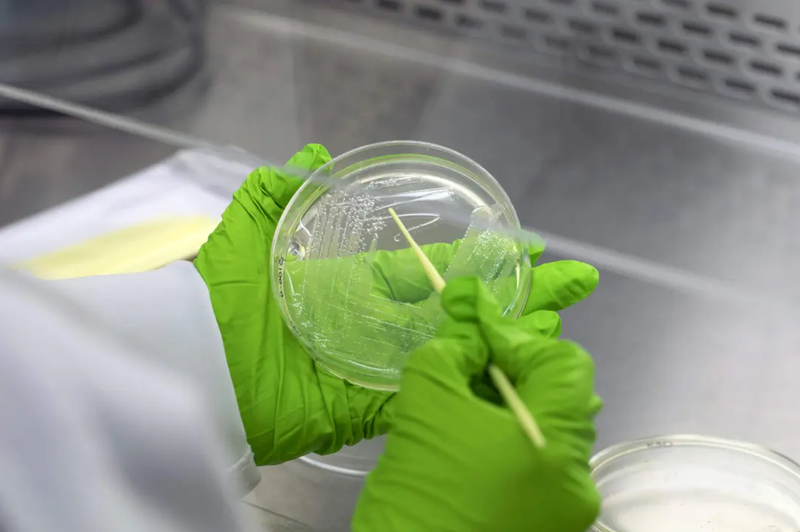Johnson & Johnson to Discontinue Talc-Based Powder
Pharmaceutical giant Johnson & Johnson (J&J) has announced it will stop selling talc-based baby powder globally in 2023, two years after it was halted in the US and Canada. Instead, the company will transition fully to corn starch-based powder.

Facts
- Before the bankruptcy filing, the company faced $3.5B in verdicts and settlements. A Reuter news agency investigation alleged in 2018 that the company has known about the presence of asbestos in its products as early as 1971.
- Pharmaceutical giant Johnson & Johnson (J&J) has announced it will stop selling talc-based baby powder globally in 2023, two years after it was halted in the US and Canada. Instead, the company will transition fully to corn starch-based powder.
- J&J is facing approximately 38k lawsuits, with many alleging that talc products have caused individuals to develop cancer.
- Talc is mined and fined in seams close to asbestos, a material known to cause cancer, and many of the lawsuits claims that J&J's talcum powder contains this mineral.
- J&J has denied the allegations, claiming that its talc product is safe and asbestos-free, citing its decision to transition to corn starch-based powder "as part of a worldwide portfolio assessment."
- In Oct., J&J placed the talc lawsuits under its subsidiary, LTL Management, and immediately placed the company into bankruptcy, consequently pausing the pending lawsuits.
Sources: Al Jazeera, Newsbud, Guardian, BBC News, and Reuters.
Narratives
- Pro-establishment narrative, as provided by The New York Times. After decades of selling the carcinogenic product and after thousands of lawsuits, J&J has finally stepped up and done the right thing by moving towards an inexpensive and safe alternative. This is a welcome decision.
- Establishment-critical narrative, as provided by Business Standard. This long overdue decision isn't an attempt to do the right thing, but rather an effort to protect the company's reputation and get rid of a product that is no longer selling. J&J's delayed response, reluctance to admit the dangers of its product, and its "bad faith" bankruptcy reveal the profit-oriented company's priorities.






